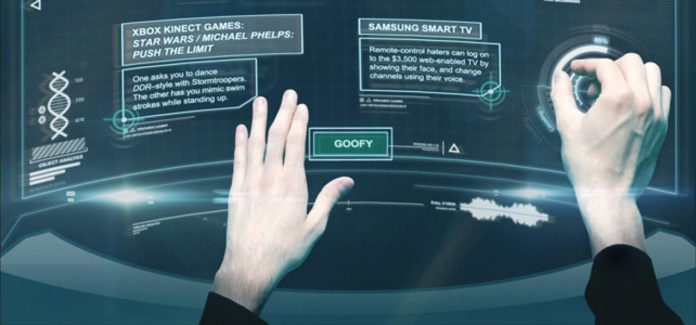10 years from now will be significantly different than 10 years ago. Ray Kurzweil the famous futurist who now is the VP of engineering at Google has an 82% success rate in predicting future technologies. He literally wrote the book on it called, “The Singularity is near.”
Here are some of the things he has predicted (From Wikipedia).
With Moore’s Law and the exponential acceleration of technology, Ray believes the Singularity, which occurs as artificial intelligence surpass human beings as the smartest and most capable life forms on Earth, will happen in 2045. However, a lot will occur before then like self driving cars, nanobots that can kill cancer cells before it is too late, virtual reality that will be so real we won’t be able to distinguish between what is virtual and what is real and nanocomputuers that have significantly more computing power than we have today but can fit in a red blood cell.
Of course, all of this new technology will dramatically change the way the rental industry functions and operates.
Here are some predictions on what the rental industry will look like in 2027:
- With new development in augmented reality you will be able to scan the horizon and see exactly which rentals are available and even walk inside through your smart glasses or technology projected onto your retinas.
- Virtual reality will allow you to enter any rental throughout the world and physically touch the wallpaper and carpet on the floors. You will be able to walk around the neighborhood and even experience the sounds and smells as if you were physically there.
- The process of renting a property will be similar to the process of booking a hotel today. A renter will be able to search, apply, sign, rent, manage, renew all online. The rental process will take minutes instead of days or weeks.
- Our mobile phones will become obsolete, a new interface will enter our lives where everything will be done by projecting the images onto our retinas or through glasses.
- Physical rental applications with 50+ forms will be the way of the past. Biometrics will allow us to know everything we need to know about a renter. New artificial intelligent algorithms will give us the exact probability of the success rate of any given individual renting your property.
- With remote working and the sharing economy more and more individuals will opt to live in rural areas compared to living in the Metro. This will put significant downward pressure on rental prices in major cities like New York, Denver, LA and Chicago.
- Big data analytics and transparency will give the renter even more negotiation power when finding their perfect rental.
- More than 75% of all Americans will be renters.
- Apartment locators in major cities like New York and Chicago will become obsolete.
- Both renters and landlords will be fully reviewed and transparent.
- Artificial intelligence will provide the renter with a perfect match, every single time.
- Artificial intelligence will price the rental property at the absolute right price at the exact right time.
- Real estate and rental properties will become just as liquid as the stock market is today. A landlord will be able to sell their property for cash within minutes.
- Tiny home communities will replace most of the traditional mobile home parks we see today.
- Every single home appliance will be smart enough to fix itself or send a message to a someone who will fix it for you.
- Every single rental home will have a robot that can help clean and maintain the property, eliminating many of the landlords fears.
- Nanotechnology paint will allow a room to be any color you want. You will be able to change the color on demand.
- Most people will not have cars. However, many entrepreneurial landlords will invest in a fleet of self-driving cars that will allow their tenants to go anywhere they want for a fee.
- Garages in rental homes and parking spaces for apartments will be used for other services like gardens, storage, or even additional living spaces with tiny homes.
What are your thoughts? Am I way off on these predictions?




















